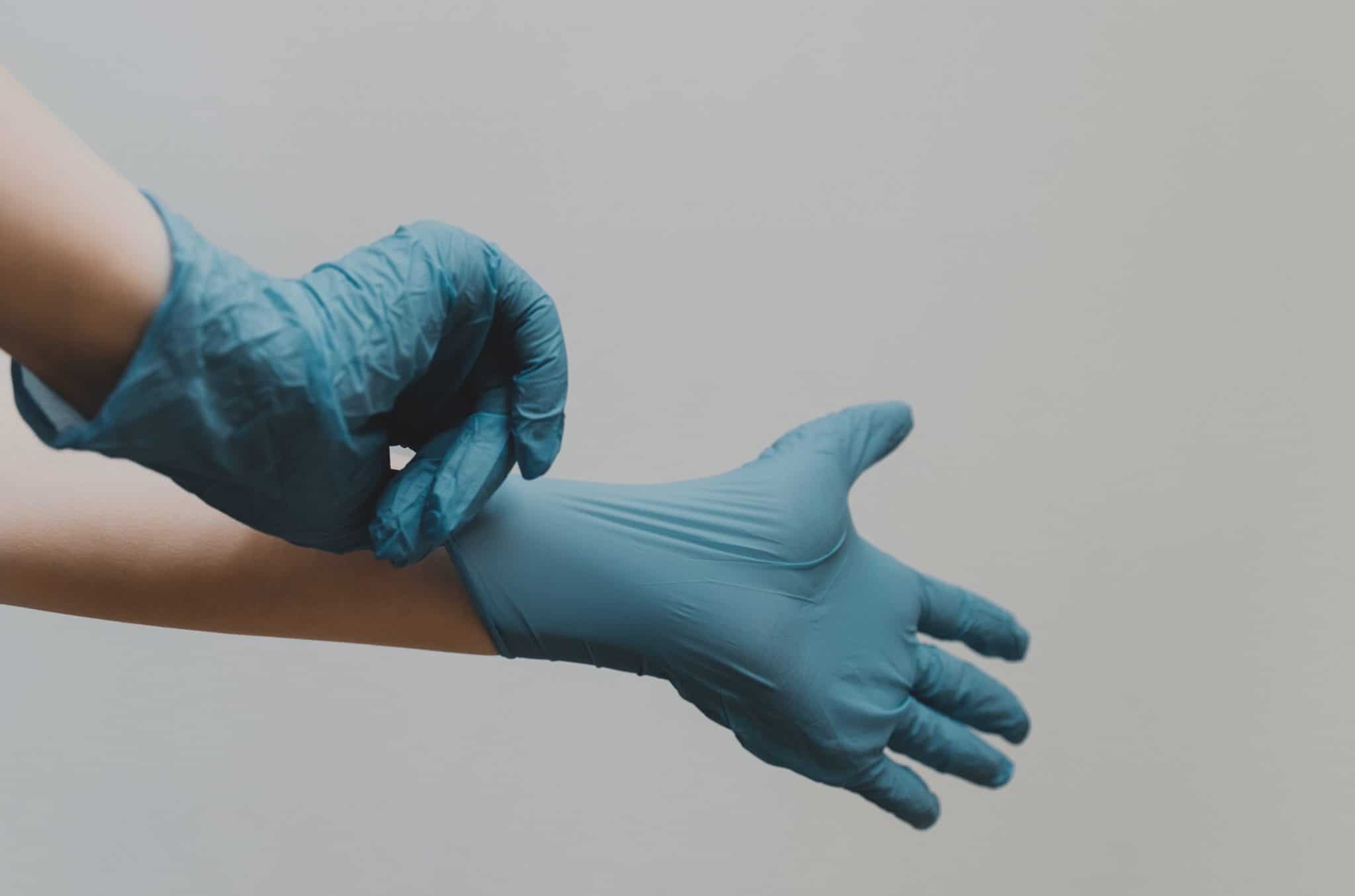A urologist addresses a wide array of problems regarding your reproductive system and urinary tract, from male-factor infertility to erectile dysfunction to kidney stones. If you’ve never been to a urologist before, the idea might feel intimidating. Here’s what to expect at your very first appointment.
Key takeaways
- A urologist is a physician who specializes in the male and female urinary tract as well as male reproductive health. An andrologist-urologist treats male-factor infertility.
- You may see a urologist if you are struggling with recurring UTIs, an overactive bladder, blood in the urine, erectile dysfunction, pelvic pain, or infertility.
- At your first urology appointment, your doctor will discuss your medical history, perform a physical exam, and likely order diagnostic tests.
What is a urologist?
A urologist is a physician who specializes in the male and female urinary tract, which includes the kidneys, bladder, adrenal glands, urethra, and reproductive organs. They also treat male infertility issues. Urologists are trained as surgeons, and are able to offer their patients surgical options for a number of urologic health conditions and issues involving the male reproductive tract.
What kind of urologist should I see for infertility?
A urologist who treats male-factor infertility is an andrologist-urologist or a male fertility specialist. These physicians complete subspecialty training in andrology in addition to their medical training and residency in urology.
While most urologists treat some aspects of reproductive health, an andrologist-urologist is the best physician to diagnose and treat low sperm count, testicular blockages, ejaculatory dysfunction, and other male reproductive issues. Often referred to as the male version of a gynecologist, an andrologist may prescribe drugs to improve the quality of semen or address erectile dysfunction, and they may also perform surgical procedures, such as microsurgical sperm extractions, varicocelectomies (varicocele repair), vasectomies, or vasectomy reversals.
Of all infertility cases, approximately 40–50% can be attributed to male-factor infertility, making andrology and urology vital fields of medicine.
Who should see a urologist?
People of any gender can see a urologist. Children can see a pediatric urologist.
Since a urologist treats all issues regarding the urinary tract, female-bodied people struggling with urinary incontinence, kidney stones, and urinary tract infections (UTIs) should seek the services of a urologist. For female-factor infertility or reproductive health issues, the best physician would be a gynecologist or reproductive endocrinologist.
Male-bodied people struggling with urinary problems, sexual dysfunction, or infertility can see a urologist. A urologist can also screen for prostate or testicular cancer.
Common signs one might visit a urologist include: recurring UTIs, an overactive bladder, blood in the urine, erectile dysfunction, pelvic pain, trouble conceiving, or a lump or pain in the testicles.
What does a urologist treat?
From urinary tract infections to male-factor infertility, urologists treat a wide range of conditions that affect the urinary tract and the male reproductive system, including:
- Cancers of the prostate, testicles, adrenal glands, penis, bladder, and kidneys
- Erectile dysfunction
- Hematuria, or blood in the urine
- Hyperoxaluria, or excess of oxalate in the urine
- Hypospadias, a birth defect where urethra opening is not at the tip of penis
- Infertility
- Interstitial cystitis, or painful bladder syndrome
- Kidney diseases
- Kidney stones
- Klinefelter syndrome, a genetic disorder that causes infertility
- Overactive bladder
- Prostate gland enlargement or inflammation
- Retrograde ejaculation
- Testicular torsion
- Undescended testicles
- UTIs
- Varicoceles, or enlarged veins within the scrotum
Procedures performed by urologists include:
- Biopsies of the bladder, prostate, or kidneys
- A cystectomy, or bladder removal to treat bladder cancer
- Kidney stone treatment
- Kidney transplants
- Penile plication, which treats a curvature of the penis caused by Peyronie’s disease
- Penile implants and prosthesis
- Prostate procedures, such as a transurethral resection or a transurethral needle ablation, which involve removing excess tissue, and prostatectomies, which involve removing all or part of the prostate gland to treat prostate cancer
- Testicular surgery
- Ureteral obstruction surgery
- A vasectomy to prevent pregnancy
- Vasectomy reversal
- A vasovasostomy, which is a surgical procedure designed to restore fertility or relieve post vasectomy pain
- Reconstructive genital surgery, include gender-alignment surgery
What to expect at a urologist appointment
It can be uncomfortable for some patients to discuss the fertility, sexual health, or urinary symptoms that are prompting them to seek urological care. To help you prepare and feel more at ease, here is what you can expect from your first visit with a urologist.
A conversation with your doctor
Typically, before physically examining you, the urologist will ask you some questions about your medical history and what brings you to see a specialist.
They’ll likely ask you about any symptoms you’ve been experiencing, including when those symptoms started, and treatments you’ve tried or received. They may also ask questions about your lifestyle, such as your tobacco use, alcohol consumption, or sexual activity, as well as about your medical, surgical, and family history. You may also be asked to provide a list of medications, supplements, and vitamins you are currently taking.
Be prepared to answer what may feel like sensitive questions, such as those about your urinary habits and sexual health. It’s important that you’re as honest with your doctor as possible. Remember, they’re here to help you. They discuss these topics every day, so not much can surprise them. Plus, everything you talk about with your doctor is private, protected information.
Physical exam
Most urologist consultations will include a physical exam focused on your genitourinary system. The urologist will likely perform a genital exam, assessing the penis, scrotum, and testes for any lumps, swelling, signs of infection, or other physical symptoms. They may also swab your urethra to check for sexually transmitted infections.
Your urologist may also perform a rectal exam to assess your prostate. The rectal exam involves the doctor inserting a lubricated, gloved finger into your rectum to feel the size of your prostate gland. They are also checking for lumps or other abnormalities.
Testing
One of the first tests a urologist typically performs is a urinalysis, which looks for chemical levels, bacteria, blood cells, and foreign matter in your urine (pee). A urinalysis can provide clues to diagnose diabetes, a UTI, or a kidney issue. Your doctor may also order a urine culture, a process that can determine the specific type of bacteria that’s contributing to an infection. Because these tests require a sample of your urine, it may be recommended that you come to your first urology appointment with a full bladder.
You may also be given blood testing to detect markers inflammation in the prostate, assess how the kidneys are functioning, and check your testosterone and other hormone levels.
Your urologist may order ultrasound or x-ray imaging to get a closer look at your internal organs, including your testes, kidneys, ureter, or bladder.
If you’re experiencing issues with fertility, your urologist may order a semen analysis to assess sperm count and sperm quality. You’ll be asked to provide a semen sample by ejaculating into a container given to you by the doctor. This can be done in a private “collection” room or in a bathroom at your doctor’s office or clinic, or at home.
After you’ve received the results of any testing, your urologist will discuss the findings, order more tests if necessary, and devise a treatment plan with you.
Get more tips for improving your sperm health.
Start with sperm testing at home
To prepare for your first urology appointment, you may want to start with sperm testing. Legacy’s at-home sperm testing analysis kits allow you to check the key metrics of your semen and sperm: volume, count/concentration, motility (how well sperm are swimming), and morphology (the size and shape of sperm). With this testing kit, you will be able to provide your sample in the comfort of your home and mail it directly to the lab for testing, with results in less than a week.
Proactive sperm testing can give you real data to discuss at your first appointment with a urologist.



